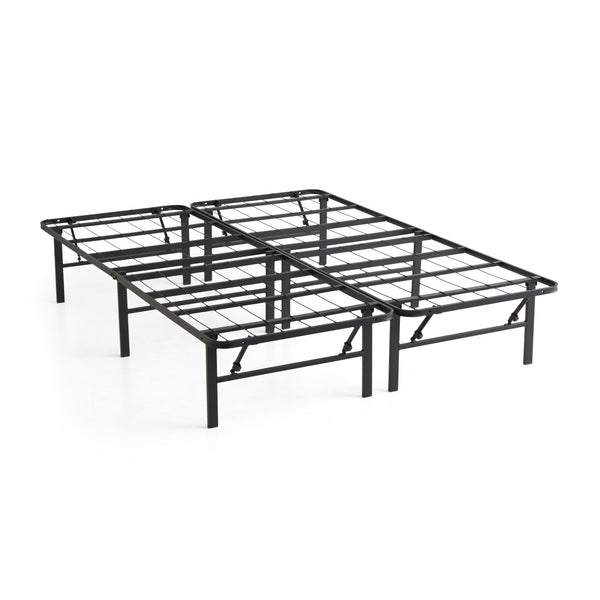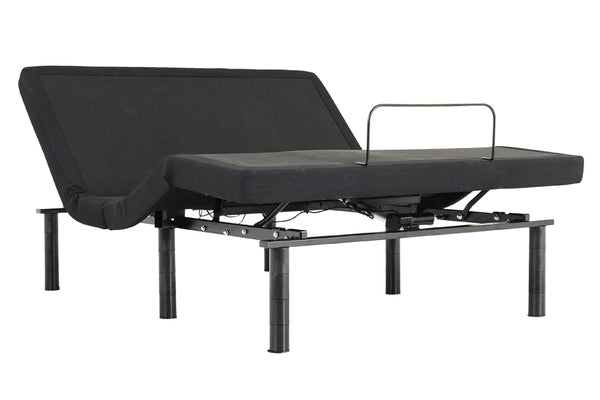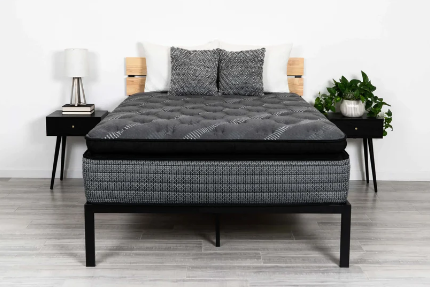
Frequently Asked Questions
1. Why is temperature regulation important for sleep?
2. How does temperature affect the different stages of sleep?
3. What materials are best for temperature regulation in mattresses?
4. What are some tips for enhancing mattress comfort through temperature regulation?
5. What are signs that indicate my mattress isn't regulating temperature properly?
When it comes to a good night's sleep, several factors come into play. One of the most crucial aspects often overlooked is temperature regulation within your mattress. The role of temperature in mattress comfort cannot be emphasized enough, as it significantly influences sleep quality, health, and overall well-being. In this article, we'll explore how temperature affects mattress comfort and what you can do to optimize your sleep experience.
The Importance of Temperature Regulation
Temperature regulation is essential in achieving optimal sleep conditions. Your body temperature naturally fluctuates throughout the night, and your sleeping environment should accommodate these changes. Failing to maintain a comfortable temperature can result in disrupted sleep patterns, leading to fatigue and mental fog during the day.
Understanding Sleep Stages
The human sleep cycle consists of multiple stages, including REM (Rapid Eye Movement) and deep sleep. Each of these stages requires a different temperature range to optimize rest. During the early stages of sleep, your body cools down, making it crucial for your mattress to support this natural process. If your mattress retains heat, it can disrupt these vital stages.
How Temperature Affects Your Sleep
Different people have varying sensitivities to temperature. However, generally speaking, too much heat can cause discomfort, while a cooler environment promotes better sleep quality. Here are several ways temperature affects your nightly rest:
- Disrupted Sleep Cycles: High temperatures can make it hard to fall asleep and maintain deep sleep stages.
- Increased Heart Rate: When your body overheats, it may elevate your heart rate, leading to restlessness.
- Night Sweats: A lack of temperature regulation can lead to waking up drenched in sweat, making it increasingly hard to get comfortable.
- Reduced Melatonin Production: Overheating can disrupt melatonin production, the hormone responsible for regulating your sleep-wake cycle.
Factors That Influence Mattress Temperature
Several factors influence the temperature regulation of your mattress. Understanding these can help you make an informed choice when it comes to your sleeping surface.
Material Composition
The materials used in the mattress significantly affect its ability to regulate temperature. For example:
- Memory Foam: This popular material can trap heat, causing a warm sleeping environment. However, newer Gel-infused memory foams offer better temperature regulation.
- Latex: Known for its breathability, latex mattresses generally provide better airflow compared to memory foam, thus mitigating heat retention.
- Hybrid Mattresses: These combine different materials which help achieve a balance between comfort and cooling capabilities.
Mattress Design
The design of the mattress plays a crucial role in air circulation. Features such as:
- Ventilation Channels: Some mattresses come equipped with built-in airflow channels, enhancing breathability and preventing heat buildup.
- Edge Support: Strong edges can keep the structure intact, allowing for more surface area to manage heat dispersion.
Sleep Position
Your preferred sleep position also affects how your body interacts with your mattress. Side sleepers may find that their hips and shoulders sink in more deeply, potentially increasing heat retention. Back sleepers usually have a more even weight distribution, while stomach sleepers often require a firmer surface to stay cool and aligned.
Tips for Enhancing Mattress Comfort Through Temperature Regulation
Now that you understand the importance of temperature regulation, here are some actionable tips to enhance your sleep experience:
Choose the Right Mattress
Select a mattress that suits your temperature needs. If you are prone to overheating, look for mattresses designed for better airflow and cooling properties. Consider materials known for breathability.
Utilize Cooling Accessories
Using cooling mattress protectors, breathable sheets, and even specialized comforters can help maintain the ideal sleeping temperature all night long. Lightweight cotton or linen sheets allow for better moisture-wicking and airflow.
Adjust Your Bedroom Environment
Your mattress is only one part of the equation. Adjust your bedroom environment by:
- Keeping the room temperature between 60 to 67 degrees Fahrenheit, which is generally considered optimal for sleep.
- Using fans or air conditioning to circulate air and keep moisture levels in check.
- Investing in blackout curtains to eliminate external heat sources from sunlight.
Mind Your Evening Routine
Your pre-sleep habits can have a significant impact on your body's temperature regulation. Consider incorporating the following:
- Taking a lukewarm shower before bed to help lower your internal body temperature.
- Avoiding heavy meals and caffeine in the hours leading up to sleep.
- Engaging in calming activities like reading or meditative exercises to help regulate your body's heating and cooling mechanisms.
Common Myths About Mattress Temperature
With so much information available, it’s easy to fall prey to myths about mattress temperature regulation. Let’s debunk some of these:
Myth: All Memory Foam Mattresses Are Too Hot
While traditional memory foam can retain heat, not all memory foam mattresses are the same. Many manufacturers incorporate cooling technologies, such as breathable covers or gel-infused foam, to mitigate heat buildup.
Myth: Lower Bedroom Temperature Is Always Better
While a cool room is generally beneficial, excessively low temperatures can also be uncomfortable. The key is to find a balance that suits your personal comfort level, typically between 60 and 67 degrees Fahrenheit.
Signs That Your Mattress Isn’t Regulating Temperature Properly
Your mattress may be contributing to sleep disturbances if you notice:
- Frequent night sweats or overheating during the night.
- Waking up feeling tired or unrested.
- Constantly tossing and turning to find a comfortable position.
When to Consider a New Mattress
If you’re experiencing any of the above symptoms, it may be time to assess your mattress more critically. Investing in a new mattress designed for optimal temperature regulation can enhance your overall sleep experience and lead to better rest.
Embrace a Restful Night's Sleep
Temperature regulation plays an essential role in your mattress comfort and overall sleep health. By understanding the dynamics of how temperature affects your nightly rest, you can make informed decisions to enhance your sleep environment. Choose the right materials, maintain an optimal room temperature, and utilize cooling accessories to ultimately create a sanctuary for a restful night's sleep. Remember, a well-rested you is a more productive and healthier you!









